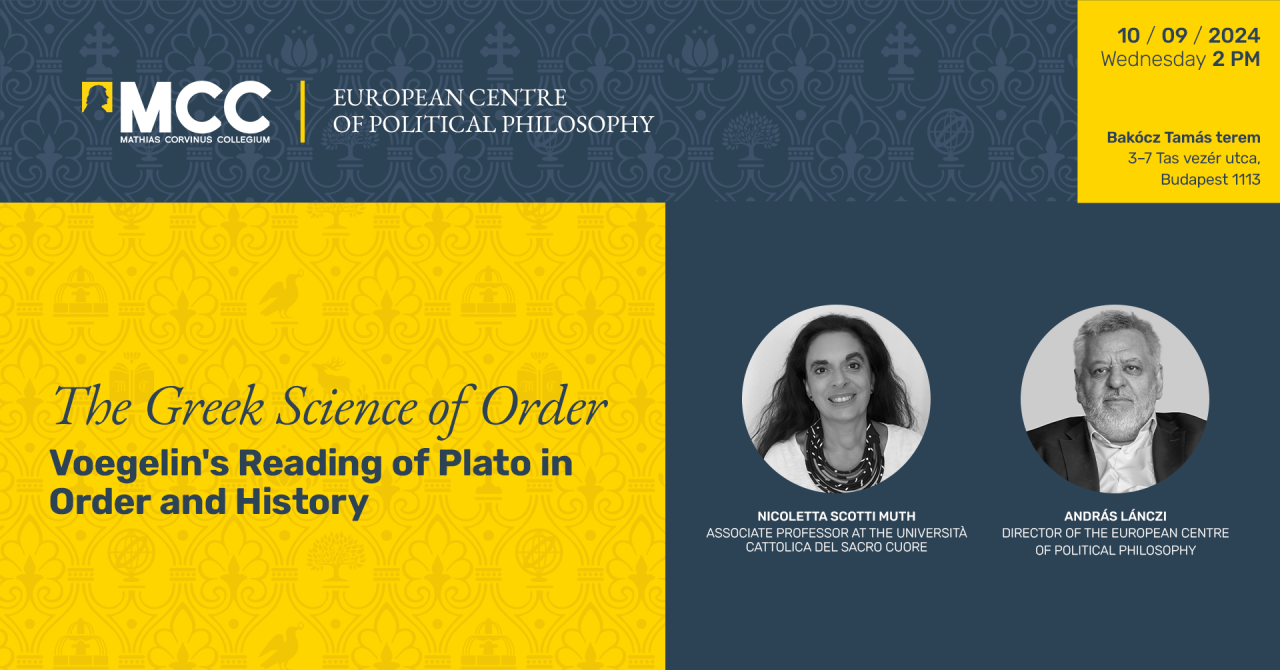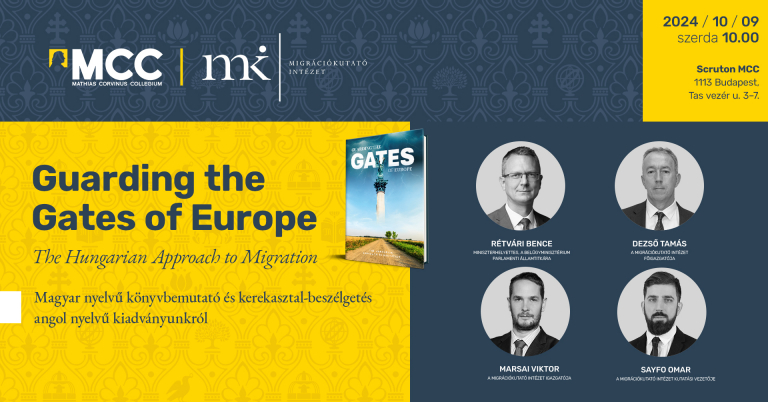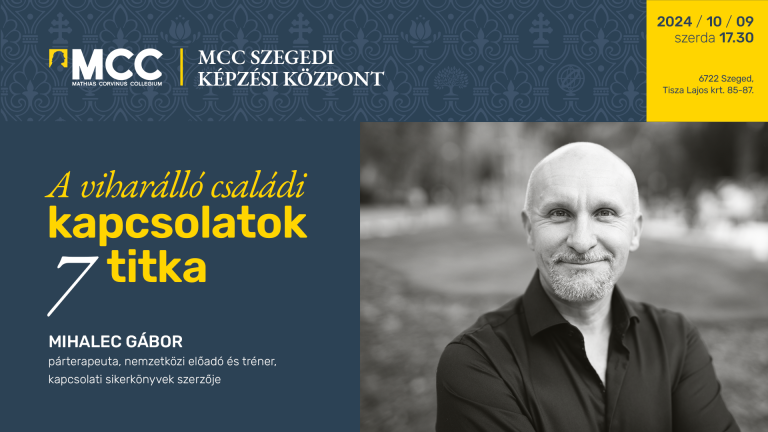The third volume of Order and History consists in a considerable effort to present a unitarian interpretation of Plato. It boldly faces still open questions of the Platonic scholarship such as: What is the meaning of the dialogic form? Which sort of bond had Plato with the preceding tradition, and particularly with Heraclitus and Parmenides on the one side and with the Sophists on the other? Is a unitarian interpretation of Plato’s thought tenable although the dialogues broadly differ from each other in content and form, or should we rather opt for an evolutionary solution which dissolves Plato’s thought in different and not always consistent phases? How is to justify that Plato has been a stupendous creator of myths although he badly criticized poetical art? And finally, is Aristotle’s critique of Plato so fundamental in order to explain his thought?
Voegelin effectively pointed to these problems when Platonic scholarship was not yet fully aware of them. Notwithstanding, his brilliant solutions has deserved until now scarcely attention. It could be worthwhile to resume them. They could not only increase a better understanding of the complex design of Order and History, but also a deeper understanding of the two great creators of the Greek science of order.
Participants of the discussion:
- Prof. Nicoletta Scotti Muth, Associate Professor at the Università Cattolica del Sacro Cuore
- Prof. András Lánczi, Director of the European Centre of Political Philosophy
-------------
Soron következő eseményünkön Nicoletta Scotti Muth professzor Asszonnyal beszélgetünk Eric Voegelin Rend és Történelem c. kötetéről, Platónról és Arisztotelészről.
A Rend és Történelem harmadik kötete jelentős erőfeszítést tesz Platón unitárius értelmezésének bemutatására. Bátran néz szembe a platóni tudományosság még nyitott kérdéseivel, mint például: Mi a dialogikus forma értelme? Milyen kötelék fűzte Platónt a korábbi hagyományokhoz, és különösen Hérakleitoszhoz és Parmenidészhez, másrészt a szofistákhoz? Tartható-e Platón gondolatának unitárius értelmezése, bár a párbeszédek tartalmilag és formájukban nagymértékben különböznek egymástól, vagy inkább olyan evolúciós megoldást kell választani, amely Platón gondolatait különböző és nem mindig konzisztens fázisokban oldja fel? Hogyan igazolható, hogy Platón elképesztő mítoszteremtő volt, noha erősen bírálta a költői művészetet? És végül, Arisztotelész Platón-kritikája valóban alapvető ahhoz, hogy megértsük gondolatait?
Voegelin akkor mutatott rá ezekre a problémákra, amikor a platóni kutatók még nem voltak mindezekkel tisztában. Mindazonáltal zseniális megoldásai eddig alig kaptak kellő figyelmet. Érdemes lenne áttekinteni őket. Nemcsak a Rend és a Történelem megértését tudná elősegíteni, hanem a görög “rendtudomány” két nagy alkotójának mélyebb megértését is.
A beszélgetés résztvevői:
- Prof. Nicoletta Scotti Muth, az Università Cattolica del Sacro Cuore egyetemi docense
- Prof. Lánczi András, a Politikai Filozófia Európai Központjának igazgatója
Időpont: 2024. 10. 09. 14:00-15:30
Helyszín: 1113, Budapest, Tas vezér utca 3-7., Bakócz Tamás terem


